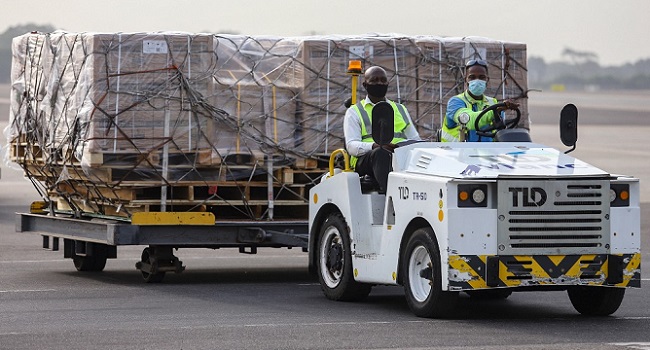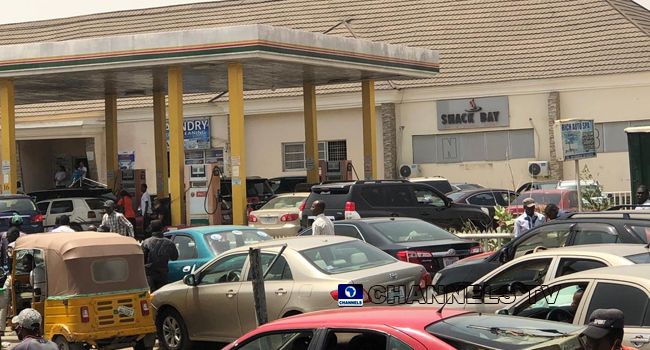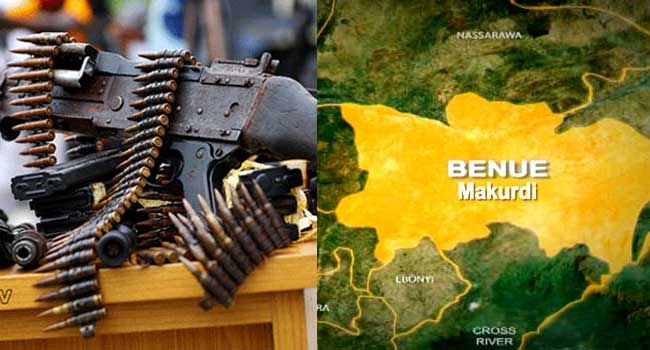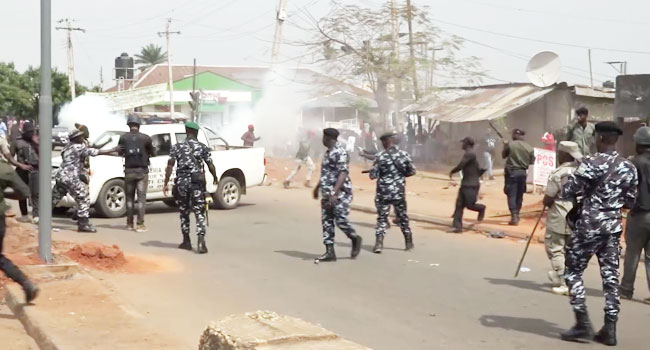Good morning,
We are leading with the arrival of the COVID-19 vaccine in Nigeria, the emergence of fuel queues in the nation’s capital, and how the Benue State government is managing herdsmen’s activities.

The Vaccines are here
All things being equal, almost four million doses of COVID-19 vaccines will arrive in Nigeria today. The vaccines, supplied by the WHO-backed COVAX, will include the AstraZeneca and Johnson and Johnson types, according to the Minister of State for Health, Dr. Olorunnimbe Mamora.
But how will the vaccines be administered? The federal government, which launched a strategy (code-named ‘TEACH’) and an online registration portal on Monday, is planning to first inoculate frontline health workers and strategic leaders. Persons above the age of 50, especially those with pre-existing health conditions, will also be given priority.
Meanwhile, President Muhammadu Buhari and other key leaders are expected to receive the vaccine jab in public.
NCDC: Nigeria on Monday recorded 360 new cases and eight deaths as a result of the virus, according to the disease control agency.
Oyewale Tomori: The virology professor has warned that Nigerians must be cautious of their attitude towards the pandemic or risk a third wave, which could be deadlier.

A Looming Fuel Scarcity?
Long queues of vehicles at petrol stations emerged in Abuja on Monday as fears grew over a rise in petrol prices.
On Sunday, the Nigerian National Petroleum Corporation (NNPC) had denied reports of any increment in the price of petrol in March.
But some of the Abuja motorists who spoke to Channels Television on Monday said they spent as much as five hours to access the product.
Context: As the global prices of oil increase, marketers believe the landing cost of fuel will also increase. But the NNPC, a government agency, is the only exporter of petrol into the country, due to foreign exchange scarcity, and can still determine, through its subsidiary, the Pipelines and Product Marketing Company, how much the product should cost. Perhaps once the messaging from the NNPC that it doesn’t plan to increase the price of the product in March gets through to marketers, the queues will disappear. Still, if global crude prices continue to rise, Nigerians will eventually have to pay more for petrol.

Benue Goes Tough On Herdsmen
Amid reports of food blockages from the North to the South, the Benue government has continued to implement its anti-grazing policy.
The government recently released 210 cows confiscated by the state livestock guards at Mbala, Makurdi, and Gbajimba in Guma Local Government Area of the state.
The cows were returned to the owners after various fines worth N5 million, in total, were paid.
Significance: Hostilities against herdsmen have grown in recent years, especially among farmers who say farmlands are being destroyed by cattle grazing without restrictions. Although the Benue law has been in existence since 2017, its application could encourage the growth of ranches, an idea supported by most State Governors.
What else is happening?
Ngozi Okonjo-Iweala: The ex-World Bank chief officially assumed control of the World Trade Organisation on Monday.
Kaduna State: Bandits struck again for the umpteenth time in an attack on three villages which killed no fewer than ten people.
Femi Adesina: The Presidential spokesman said security will get better in Nigeria, but all citizens must take responsibility.
Hadi Sirika: The Minister of Aviation said the abduction of schoolgirls in Zamfara State will be the last of its kind under the Muhammadu Buhari administration.
Peter Obi: The former Anambra State Governor has called for the Federal Government to allow states to operate their regional security system.
Ondo State: The government has suspended the operations of the National Union of Road transport workers (NURTW) and the Road Transport Employers’ Association of Nigeria (RTEAN) in all the 18 local government areas of the state, with immediate effect.
Nicolas Sarkozy: The former French president was found guilty of corruption and handed a three-year prison sentence, in a ruling that deals a major blow to any lingering political ambitions.
And that’s it for today.
For more updates, don’t forget to subscribe to our YouTube channel: bit.ly/2Hb8hjx
Watch us on DSTV:420 | Sky UK: 518 | Live Stream: www.channelstv.com/live




